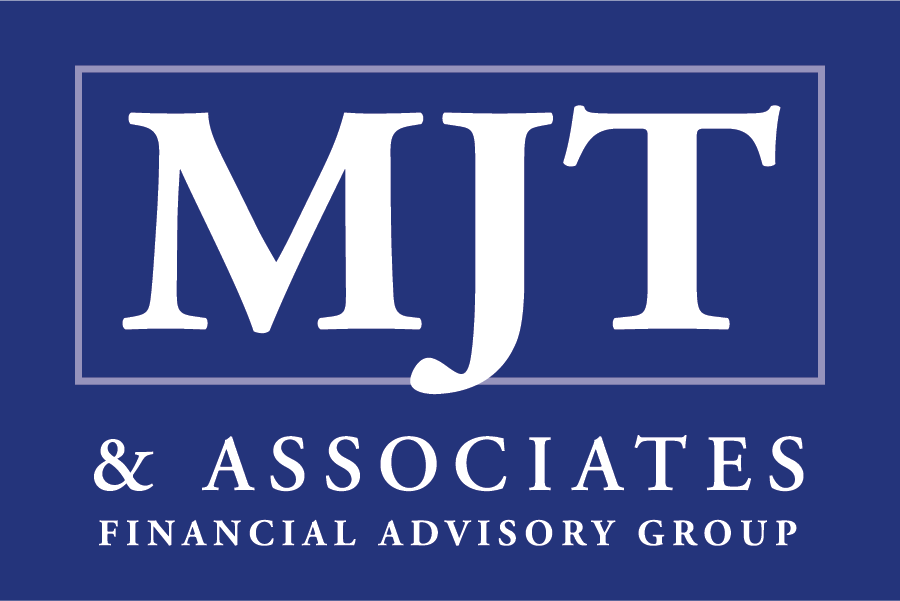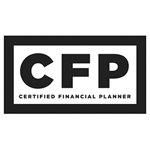When it comes to tax planning, finding the right advisor can make all the difference. Whether you're an individual or a business owner, having a knowledgeable and skilled tax planning advisor in your corner can help optimize your tax strategy and potentially save you a significant amount of money. But with so many advisors out there, how do you choose the right one?
In this article, we will share 7 essential tips to help you find the perfect tax planning advisor for your needs. From checking their credentials and experience to understanding their approach and fees, these tips will empower you to make an informed decision. We will also delve into the importance of communication and ongoing support, as well as the value of seeking recommendations and testimonials from others.
Don't let the stress of tax planning overwhelm you - by following these tips, you'll be well on your way to finding a tax planning advisor who is not only competent but also trust-worthy and reliable. So, let's dive in and discover how to choose the right tax planning advisor for you!
The importance of tax planning
Tax planning is a crucial aspect of personal and business financial management. It involves strategizing and organizing your financial affairs in a way that minimizes your tax liability while maximizing your financial goals. Effective tax planning can help you take advantage of tax breaks, deductions, and credits, ensuring that you pay the least amount of taxes legally possible.
A tax planning advisor plays a crucial role in helping you navigate the complex world of tax laws and regulations. They are experts who can provide you with valuable advice and assistance in structuring your finances to optimize your tax position. With their knowledge and expertise, they can help you make informed decisions that align with your financial goals and objectives.
What is a tax planning advisor
A tax planning advisor is a professional who specializes in tax law and regulations. They are equipped with the knowledge and experience to provide expert advice on tax planning strategies, help you understand complex tax laws, and ensure compliance with applicable regulations. A good tax planning advisor will not only help you save money on your tax bill but also provide guidance on long-term tax planning goals.
When choosing a tax planning advisor, it's important to understand that they come in various forms. Some may work for large accounting firms, while others may operate as independent consultants or within specialized tax firms. The choice of the advisor's structure depends on your individual needs and preferences.
Qualities to look for in a tax planning advisor
Now that we understand the importance of tax planning and the role of a tax planning advisor, let's explore the essential qualities you should look for when choosing the right advisor for your needs.
1. Industry experience and specialization
One of the first things you should consider when selecting a tax planning advisor is their industry experience and specialization. Tax laws and regulations can vary across different industries, and having an advisor who understands the specific tax implications of your industry can be invaluable. Look for an advisor who has experience working with clients in your industry or similar businesses.
A specialized tax planning advisor will be familiar with industry-specific deductions, credits, and exemptions that can help you optimize your tax strategy. They will also be up to date with any industry-specific changes in tax laws, ensuring that you remain compliant and take advantage of all available tax benefits.
2. Credentials and certifications
When it comes to tax planning, you want to ensure that your advisor has the necessary credentials and certifications to provide expert advice. Look for advisors who hold recognized certifications such as Certified Public Accountant (CPA), Enrolled Agent (EA), or Certified Financial Planner (CFP). These certifications indicate that the advisor has undergone rigorous training and has met the highest professional standards in the field of tax planning.
Additionally, check if the advisor is a member of professional organizations such as the American Institute of Certified Public Accountants (AICPA) or the National Association of Enrolled Agents (NAEA). Membership in these organizations demonstrates the advisor's commitment to staying current with industry trends and their adherence to a code of ethics.
3. Client testimonials and references
One of the best ways to gauge the quality of a tax planning advisor is by seeking client testimonials and references. Ask the advisor for references from clients who have similar tax planning needs or objectives as yours. Reach out to these references and inquire about their experience working with the advisor.
Client testimonials and references can provide you with valuable insights into the advisor's level of expertise, professionalism, and ability to deliver results. Consider asking specific questions about the advisor's responsiveness, ability to explain complex tax concepts, and overall satisfaction with their services.
Communication and availability
Effective communication is key when working with a tax planning advisor. You want an advisor who is responsive, accessible, and able to explain complex tax concepts in a clear and understandable manner. During the initial consultation with a potential advisor, pay attention to how well they listen to your needs and how effectively they communicate their strategies and recommendations.
A good tax planning advisor should be proactive in keeping you informed about any changes in tax laws, deadlines, or opportunities that may affect your tax strategy. They should also be available to address any questions or concerns you may have throughout the year, not just during tax season.
To assess the advisor's communication style and availability, consider asking them about their preferred method of communication, how often they provide updates, and how quickly they respond to inquiries. This will help you determine if their communication style aligns with your preferences and if they have the capacity to cater to your needs.
Fee structure and transparency
When it comes to fees, it's important to understand the advisor's fee structure and ensure transparency. Tax planning advisors may charge fees in various ways, such as hourly rates, fixed fees, or a percentage of the tax savings they generate for you. Make sure you have a clear understanding of how the advisor charges for their services and what is included in their fees.
Additionally, inquire about any potential additional costs or fees that may arise throughout the engagement. For example, some advisors may charge extra for specialized tax planning services or additional consultations outside of the regular engagement. Being aware of these potential costs upfront can help you make an informed decision and avoid surprises down the line.
Transparency is also crucial when it comes to fees. A reputable tax planning advisor should be able to provide you with a clear breakdown of their fees and explain how they are calculated. They should also be upfront about any potential conflicts of interest that may arise from their fee structure. This will ensure that you have a complete understanding of the costs associated with their services and can make an informed decision based on your budget and needs.
Additional services and resources
While tax planning may be your primary focus, it's worth considering the additional services and resources that a tax planning advisor can offer. Some advisors may provide comprehensive financial planning services, including retirement planning, estate planning, or investment management. Having a holistic approach to your financial well-being can be advantageous, as it ensures that your tax strategy aligns with your broader financial goals.
Additionally, consider the resources and tools that the advisor provides to support your tax planning efforts. This may include access to tax planning software, educational materials, or newsletters with updates on tax laws and regulations. Having access to these resources can help you stay informed and empowered throughout the tax planning process.
Conclusion: Making the right choice for your tax planning needs
Choosing the right tax planning advisor is a decision that can have a significant impact on your financial well-being. By considering the advisor's industry experience, credentials, client testimonials, communication style, fee structure, and additional services, you'll be better equipped to make an informed decision.
Remember, tax planning is a dynamic and ongoing process. It's essential to find an advisor who not only meets your current needs but also has the expertise and resources to adapt your tax strategy to changes in tax laws and your evolving financial goals.
So, take your time, do your research, and don't hesitate to ask questions. With the right tax planning advisor by your side, you can optimize your tax strategy, minimize your tax liability, and achieve your financial objectives.











